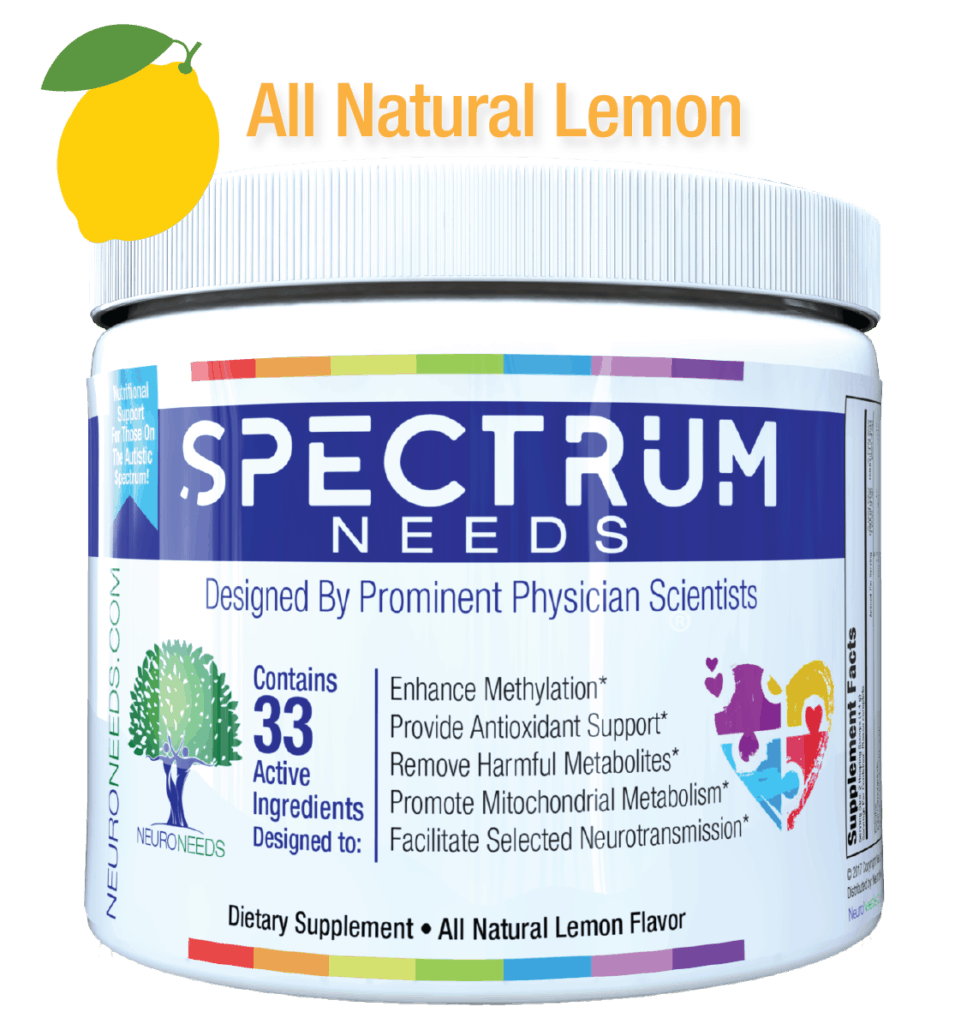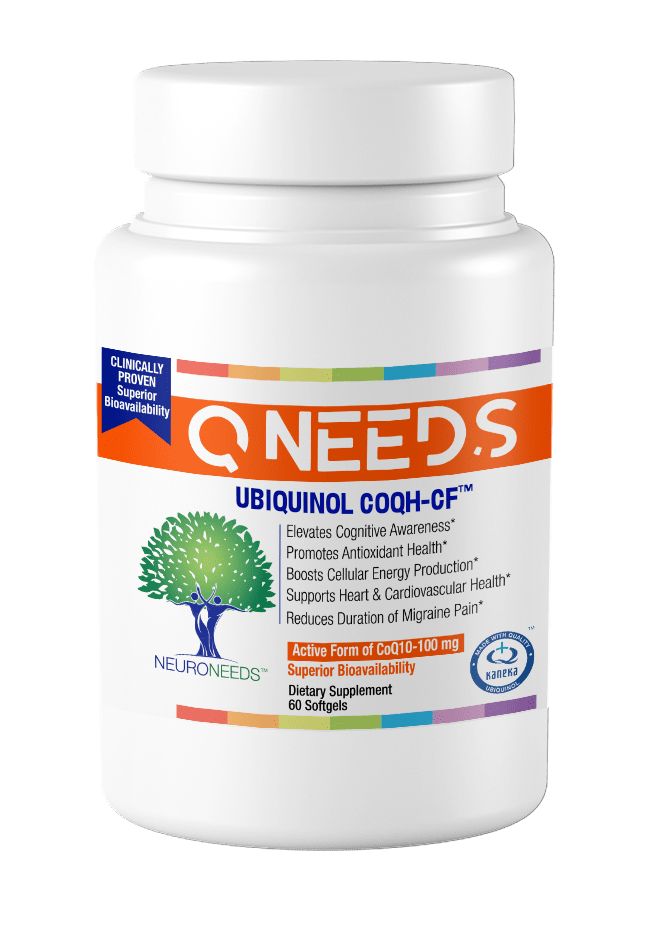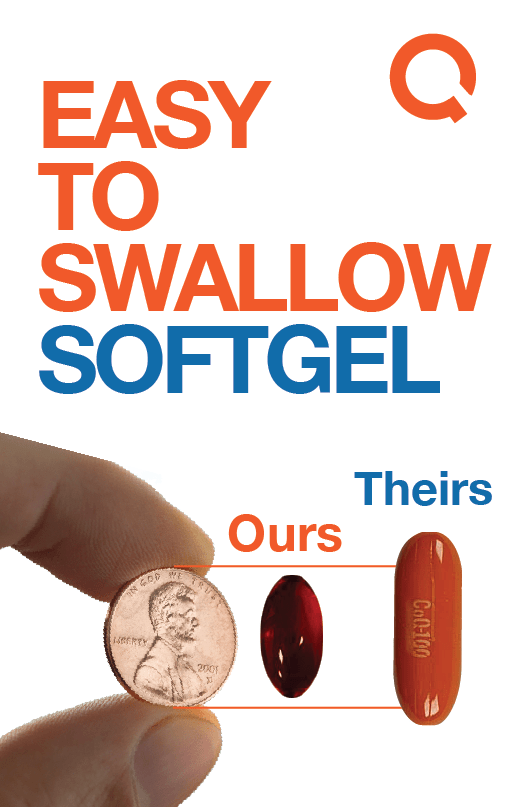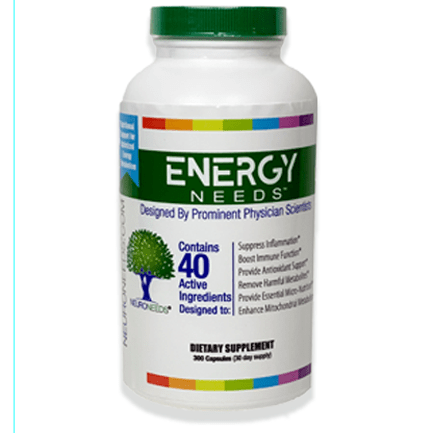Fatigue is a very common complaint. Like pain, fatigue serves a protective function in getting us to rest when we are tired or sick to help our bodies recover. Thus, fatigue is a natural part of a wide variety of medical conditions, including those caused by infections, autoimmune disorders, cancer, and injuries. Chronic illness generally leads to chronic fatigue, regardless of the cause of the illness.
One relatively-common cause of severe, chronic fatigue is myalgic encephalomyelitis/ chronic fatigue syndrome (ME/CFS). In ME/CFS, and generally unlike other conditions, fatigue is:
- Overwhelming: leading to various degrees of disability
- Post-exertional: worsened after any activity, whether physical or mental
- Non-refreshed: not improved by rest/sleep
In ME/CFS, fatigue is both physical and mental. The latter, includes loss of concentration, poor memory, and/or difficulty in thinking, and is often referred to as “brain fog”.
An excellent place to learn more about ME/CFS is on the CDC website. Per that site:
- People with ME/CFS are not able to function the same way they did before they became ill.
- ME/CFS changes people’s ability to do daily tasks, like taking a shower or preparing a meal.
- ME/CFS often makes it hard to keep a job, go to school, and take part in family and social life.
- ME/CFS can last for years and sometimes leads to serious disability.
- At least one in four ME/CFS patients is bed- or house-bound for long periods during their illness.”
The diagnostic criteria for ME/CFS can be found on their website. This is a good link to share with your physician or other care provider. Another excellent link is the European Network on ME/CFS .
ME/CFS is thought to be common, but the true prevalence is unclear as 90% of sufferers are believed to be unaware of the diagnosis. Recently, about 1-3 million Americans are estimated to be affected! Are you or someone you care for one possibly of them?
* While previously known as chronic fatigue syndrome in the USA, In the United Kingdom, the condition was generally known as myalgic encephalomyelitis (ME) to emphasize that it is a real physical/medical disorder, to highlight the commonality of muscle pain (myalgia), and to include the presumed role of inflammation in its cause. Nowadays, both sides of the Atlantic generally combine their terms, and the condition is best known as “Myalgic Encephalomyelitis/Chronic Fatigue Syndrome” (ME/CFS).
Beyond Fatigue, What Else is Common in ME/CFS?
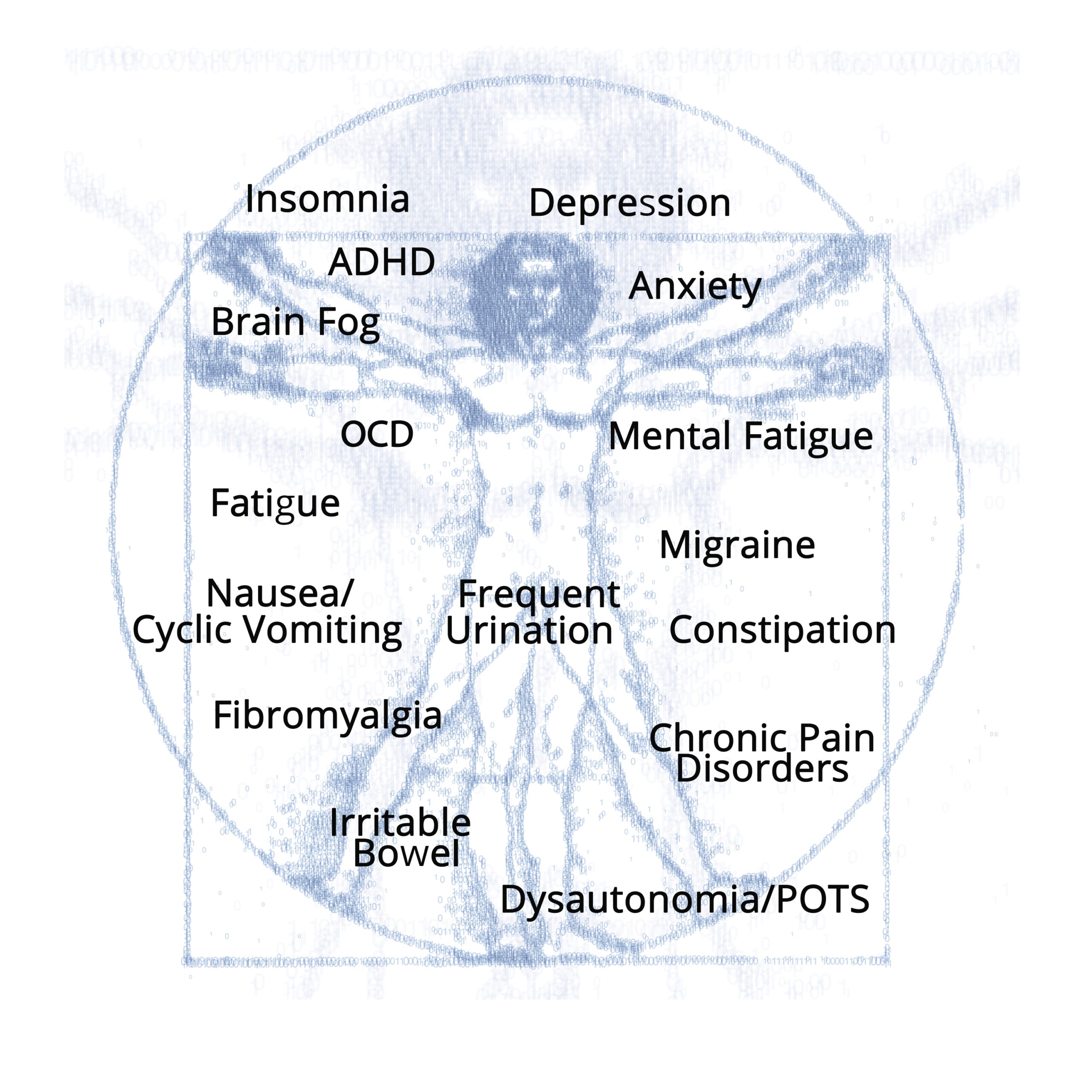
- ME/CFS generally is accompanied by symptoms beyond fatigue. The most common are pain (especially in the muscles and joints), dizziness (especially on standing), and troubled sleep.
- ME/CFS is one of multiple conditions known as functional disorders. Many functional disorders/symptoms are listed on da Vinci’s Vitruvian man to the left.
- People with any one functional disorder are likely to suffer from additional functional disorders, and ME/CFS overlaps with them.
What Causes ME/CFS?
The short answer is that the cause is unknown. However, substantial evidence suggests that the following concepts are involved in ME/CFS:
- Energy metabolism: Including mitochondrial dysfunction, impaired ability to generate ATP, redox imbalance, and a general hypometabolic state.
- Immune system: Including systemic inflammation, neuroinflammation, reduced natural killer (NK) cell function, and aberrant response to viral/bacterial infections.

Mitochondria: powerhouses of the cell
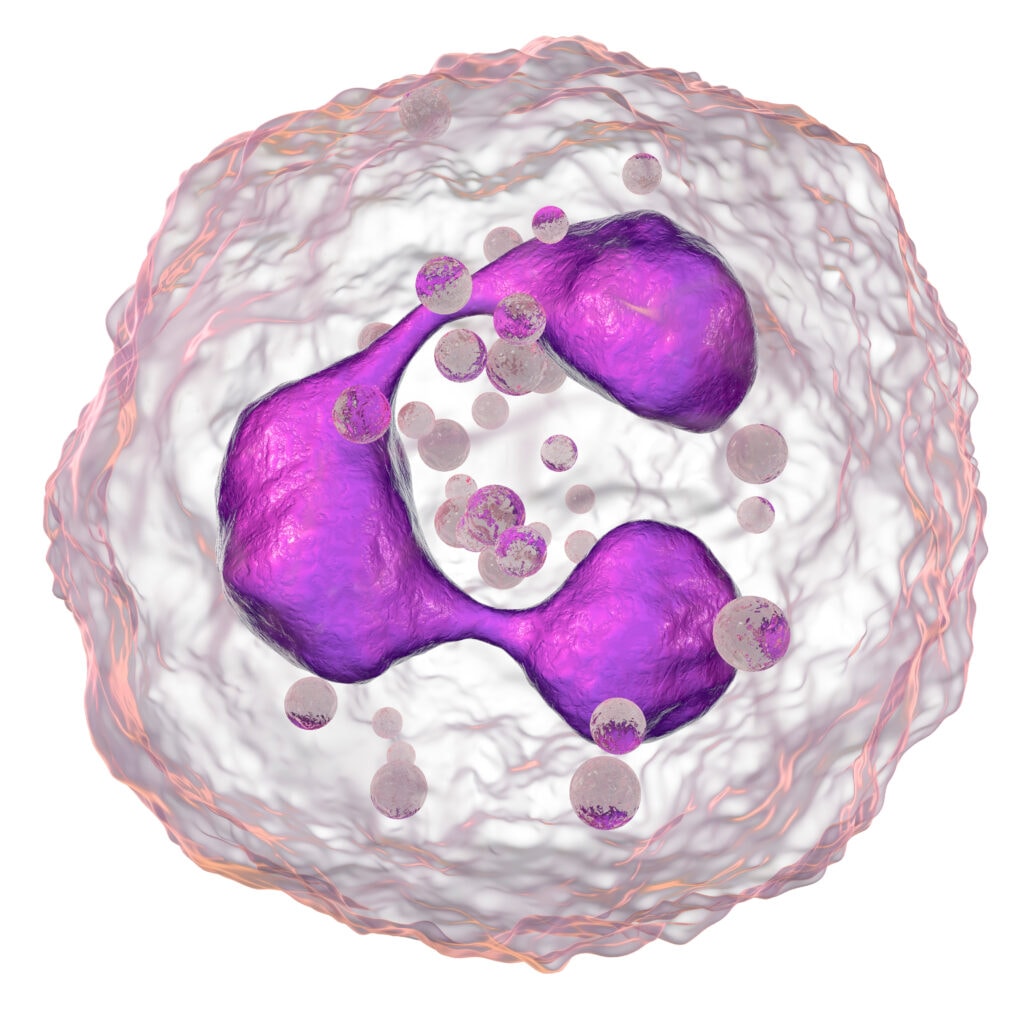
A neutrophil:
one of the immune cells
Consistent with the cause of disease being unknown, there is no widely-accepted treatment for the underlying condition of ME/CFS. Most physicians attempt to treat the symptoms with medications including pain, dizziness, brain fog, etc., but there is no good drug treatment for fatigue.
However, dietary supplementation is common, and is increasingly being recommended by clinicians in patients with ME/CFS.
For more information, see the CDC diagnosis page for ME/CFS, the CDC treatment page, and PMID: 34400495 [a published article].
Dr. Richard G. Boles is a geneticist who has been treating ME/CFS for over 25 years. He recently sequenced all of the DNA (whole genome sequencing WGS) in 18 of his patients with ME/CFS, revealing ion channels and energy metabolism as an important cause in most. This has direct ramifications in treatment. Click here to see a summary. Dr. Boles is the Medical & Scientific Director and a founder of NeuroNeeds®.




